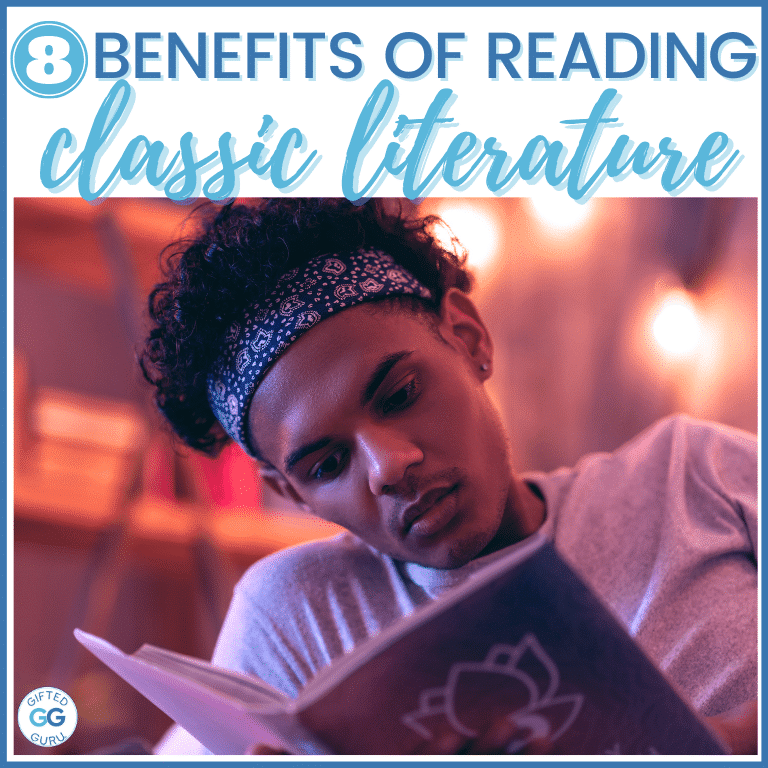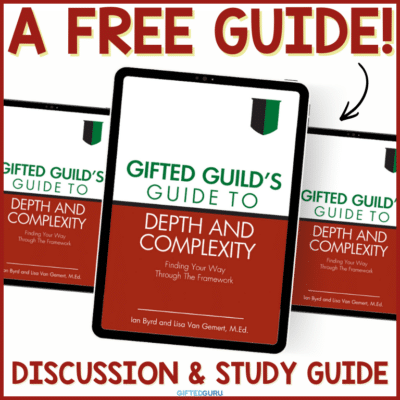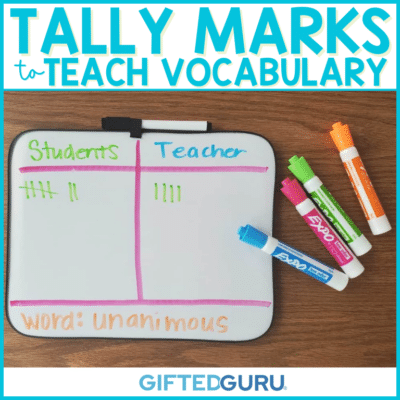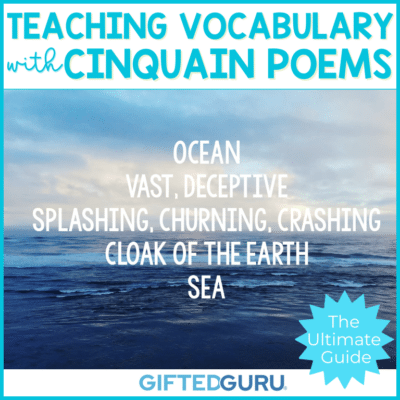What are the benefits of reading classic literature?
I wrote about the relevance of reading quality books in general, and I want to focus on the benefits of reading classic literature in particular.
Even among voracious readers, we often shy away from challenging books. Among gifted learners it can be part of our perfectionism/impostor syndrome. We think if a book isn’t easy to read, we must not be good readers. The opposite is true. Good readers challenge themselves with good books.
So, if you’re a reader who is wondering about the value of classics, please hear me out.
Does it really matter what you read?
Yes, it matters what you read. Even babies have different brain development and responses to better books. I’m not kidding. Read about that in this great study funded by the National Science Foundation.
Many of the benefits of memorizing poetry that I wrote about apply to quality literature, too, especially syntax and vocabulary exposure. I’m specifically talking today about classics because they’re always relevant.
Italo Calvino said, “A classic is a book that has never finished saying what it has to say.” Let them speak to you with a voice that has stood the test of time.
Here are 8 benefits of reading classic literature:
- Quality books often contain thought-provoking socio-ethical situations, thus leading to character development (note: I made up that phrase “socio-ethical,” but I like it, so I’m going with it). It’s not just about becoming a good reader; it’s about becoming a good person. I’m not making this up. Go read about the study that showed that people who read classics are just better people.
- You will not be able to understand references to the classics in other books if you haven’t read them. The literary term for this is “allusion,” and if you miss them or don’t understand them, you will feel ignorant. This will lower dopamine levels, thus making you think you don’t like the book you’re reading. You then think you don’t like quality books at all, and bam! you’re a book rookie forever. All because you didn’t read Huckleberry Finn. It could happen. It does happen. Here’s a huge list of literary allusions. Test yourself. I’ll wait.
- Bibliotherapy is a real thing, and quality books offer quality cathartic experience. As we read of Don Quixote‘s struggles, of Jean Valjean‘s experiences with injustice, or of the effects of vengeance-seeking on Edmond Dantès (better known as the Count of Monte Cristo), we see how we can persevere through struggle, overcome injustice, and decide that vengeance is a dish best served not at all.
- Demonstrate gratitude. In South Sudan, the literacy rate is 27% – the lowest in the world. Thirteen countries in the world have literacy rates below 50%. When we read classics, we demonstrate gratitude for the gift of literacy we’ve been given by using the gift wisely and deeply.
- Get a clear window. Books that reflect lives similar to ours are called “mirrors.” Books that give us a glimpse of a life different from ours are called “windows.” Classics open up a vista to different worlds, different cultures, and different historical perspectives. You understand Russia better when you’ve read its literature. I’m white, so I can read Zora Neale Hurston or Langston Hughes and understand African-American culture better. Literature bridges race, culture, religion, and geography.
- It’s good for your mind to read books that have strong ideas, even if you disagree with those ideas. In fact, it’s the best way to discover the strength and validity of your own ideas. I love this article on why you should read books you hate by Pamela Paul.
- It’s a challenge. Challenges are good. You feel good about yourself when you accomplish something that was actually difficult. Reading The Cat in the Hat is fun, but if you’re a college graduate, you don’t get a big ol’ shot of dopamine when you finish it. On the other hand, when you finish War and Peace, I don’t care if you have a Ph.D., you feel amazing. It’s a dopamine festival in your brain.
- It’s lasting. The books that challenge us are the books that stay with us. I read Middlemarch by George Eliot when I was young. Later I found out that Goodreads has it listed as a “most difficult novel.” It’s the novel that transformed my outlook on life. Its closing passage (which I have memorized) has been as comforting to me as a friend. I’ve read literally hundreds of novels, but the ones that stick with me are the ones many others would consider the “hard” ones.
Would you like to get started?
Have I persuaded you? If so, I’ve got some ideas to get you started on good books.
- I love Jamie Leigh’s 100 Greatest Books Challenge blog. She read 100 great books and wrote about the experience. It’s a great place to get a list, but it’s an even better place to feel a little personal touch and connection to that list.
- You know I love the Mensa Foundation’s Excellence in Reading list that I worked on when I was the Youth & Education Ambassor there. It’s divided into grade-level bands, so it’s perfect for getting kids off to a good start. Adults should start with the 7th – 8th grade list.
- This year, my son Jonathan (who is 25) asked my mom for help in building a quality library. In addition to contributions, she sent him the book The New Lifetime Reading Plan. It’s a guide to reading classics, and it’s a great guide to have on hand.
- The BBC has a list of 100 books you should read before you die.
Start small. Don’t tell yourself you have to read 100 books.
Read one.
Just dip your toe in and start reaping the benefits. Don’t let the sirens lure you back to the easy reading shore (see the allusion there?).
Just keep going. Read about the book. Watch the movie. Read the reviews on Goodreads. Go ahead and spoil the ending. It’s not about surprises.
You can do it. And when you do, please tell me about it.

Note: Sometimes I use affiliate links, which means that if you click through and buy something, I get a few pennies (to buy more books!). It will never cost you anything extra.




